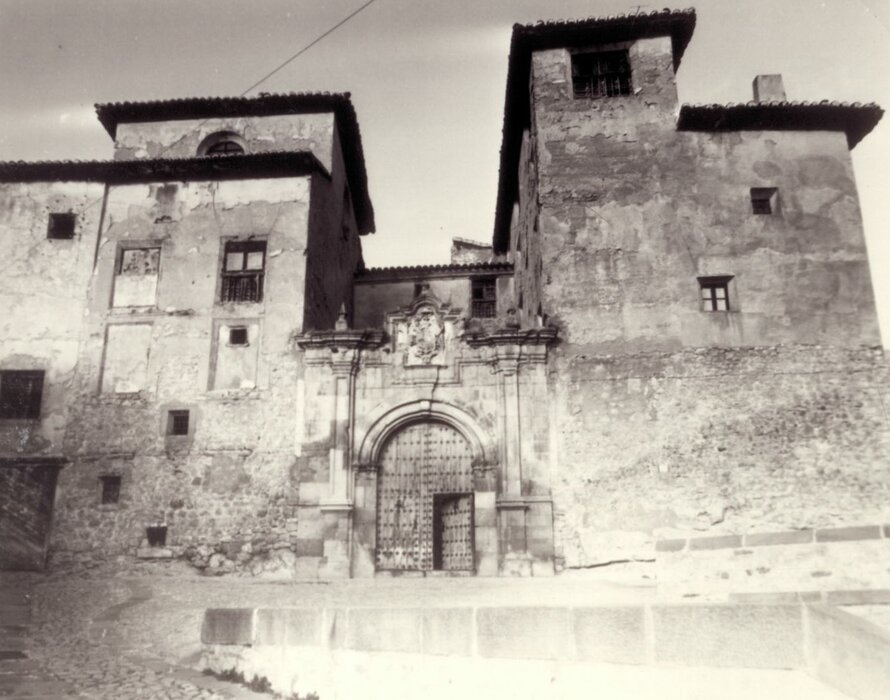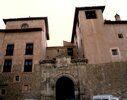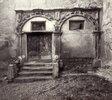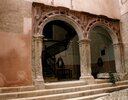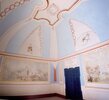The Bishop's Palace of Albarracín
The Bishop's Palace in Albarracín is a magnificent 18th century building that has not been used for its original purpose as an Episcopal residence for almost two centuries. It is the only palace-type building in the area of Alberracín, but its construction techniques are simple ...
Read more
Project details
| Title: | The Bishop's Palace of Albarracín |
|---|---|
| Entr. year: | 1996 |
| Result: | Diploma |
| Country: | Spain |
| Town: | Albarracín (Teruel) |
| Category type: | architectural heritage |
| Building type/ Project type: | residential building |
| Former use: | Episcopal residence |
| Actual use: | Training Centre for work on monuments, museum, conference rooms |
| Built: | 18th century |
| Architect / Proj.leader: | Pedro Ponce de León Hernández - Miguel de Haro Muñoz, Architects (Madrid - ES) |
| The Jury's citation: | "For the remarkable restoration of a 18th century Episcopal palace to its original appearance for use as a cultural and training centre" |
| Web, Links: | www.sipca.es/censo/1-INM-TER-031-009-008/Palacio/episcopal.html#.WH8zdf4zWpo |
Description:
The Bishop's Palace in Albarracín is a magnificent 18th century building that has not been used for its original purpose as an Episcopal residence for almost two centuries. It is the only palace-type building in the area of Alberracín, but its construction techniques are simple and the materials similar to those of the other local buildings. The irregular-shaped building has two clearly defined parts. The first one contains the noble area (originally the residence of the bishop, official reception rooms, offices and archives) and the other one the servants' quarters. The restoration project aimed to recover the former splendor of the building and respecting its original arrangement. First the former service area and the roofs were restored and in a second phase the noble area. The original wall paintings were restored. New elements and utilities were installed in a very respectful way (e.g. electricity, telephones, water supply, security and emergency lighting systems). Interventions were only made where necessary.
Similar projects
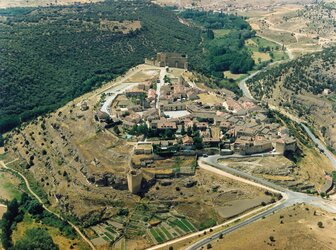
12th century

16th century
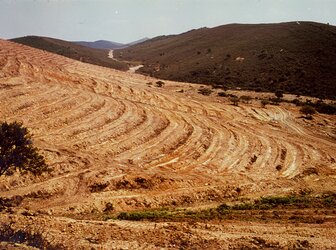
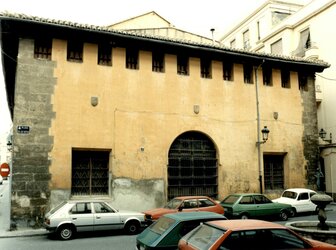
13th-16th century
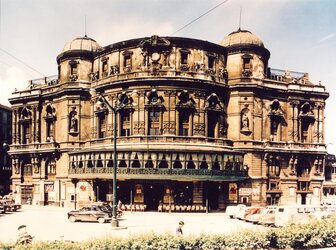
1890
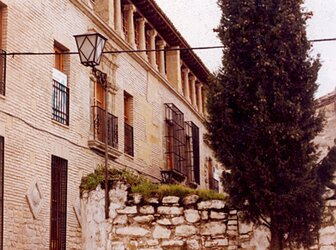
16th century
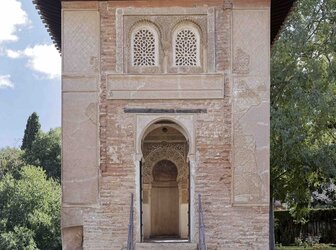
14th century
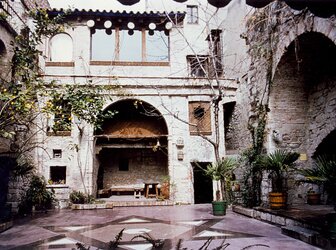
9th century
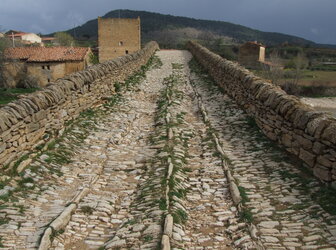
14th - 16th century
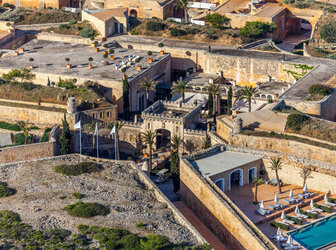
19th century
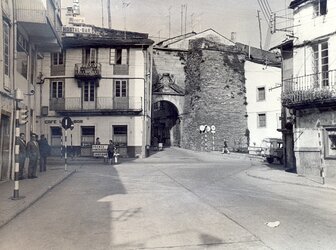
3th century
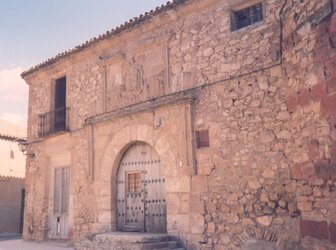
16th century
